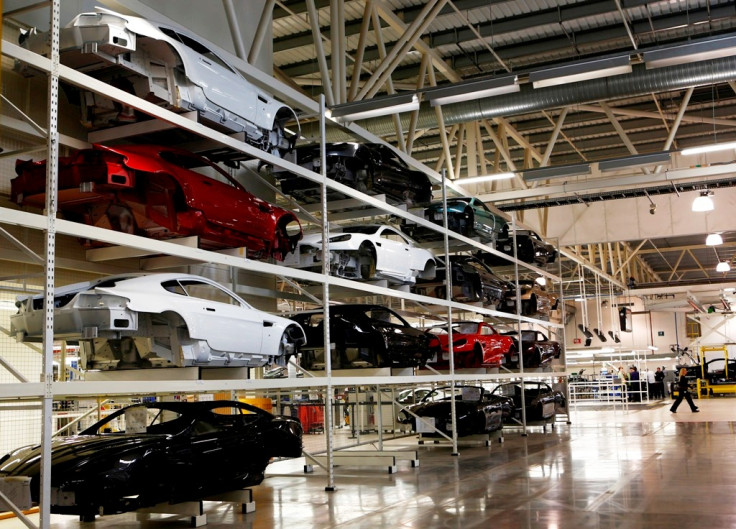Aston Martin to Swing to Black After 2016: CFO Hanno Kirner

Troubled car maker Aston Martin expects to make a substantial return to profitability after 2016, supported by a £500m investment plan that aims to develop new models and boost sales, according to Chief Financial Officer Hanno Kirner.
"Once we finish the investment phase, we are very, very confident that it's going to take us to a very sustainable profitability," said Kirner.
"We expect to return to significant profitability in the periods after 2016," Kirner added.
SUV unlikely soon
Aston Martin restated its focus is still on sports cars and that it is unlikely to follow competitors, including Volkswagen's Lamborghini or Maserati, in developing a sports utility vehicle (SUV) soon.
Product chief Ian Minards said he remained "open-minded" to a potential SUV, however.
Kirner said the brand is "quite happy with our core portfolio" of sports cars. "We have no concerns about growth. There's plenty of growth available."
At the same time, "we're looking at all concepts" for expansion, and "the Daimler cooperation gives us options, but there's no decision" on any SUV, he added.
Recall
Aston Martin suffered a recall in February. The firm was compelled to recall over 17,000 cars after it discovered that a Chinese subcontractor was using counterfeit plastic material in its production of pedals. The recall cost the company £1.5m.
In December 2013, Germany's Daimler said it will receive a near 5% stake in Aston Martin in exchange for supplying engines and electronic components to the loss making British firm.
Aston's models sold for an average £126,000 ($212,587, €154,496) in 2013, up from £70,000 pounds in 2007, according to Kirner.
The company posted an adjusted pretax loss of £24.6m pounds in 2012, following a £21.2m loss in 2011.
Aston Martin is owned by Italian private equity fund Investindustrial and Kuwait-based Adeem Investment and Prime Wagon.
© Copyright IBTimes 2025. All rights reserved.





















